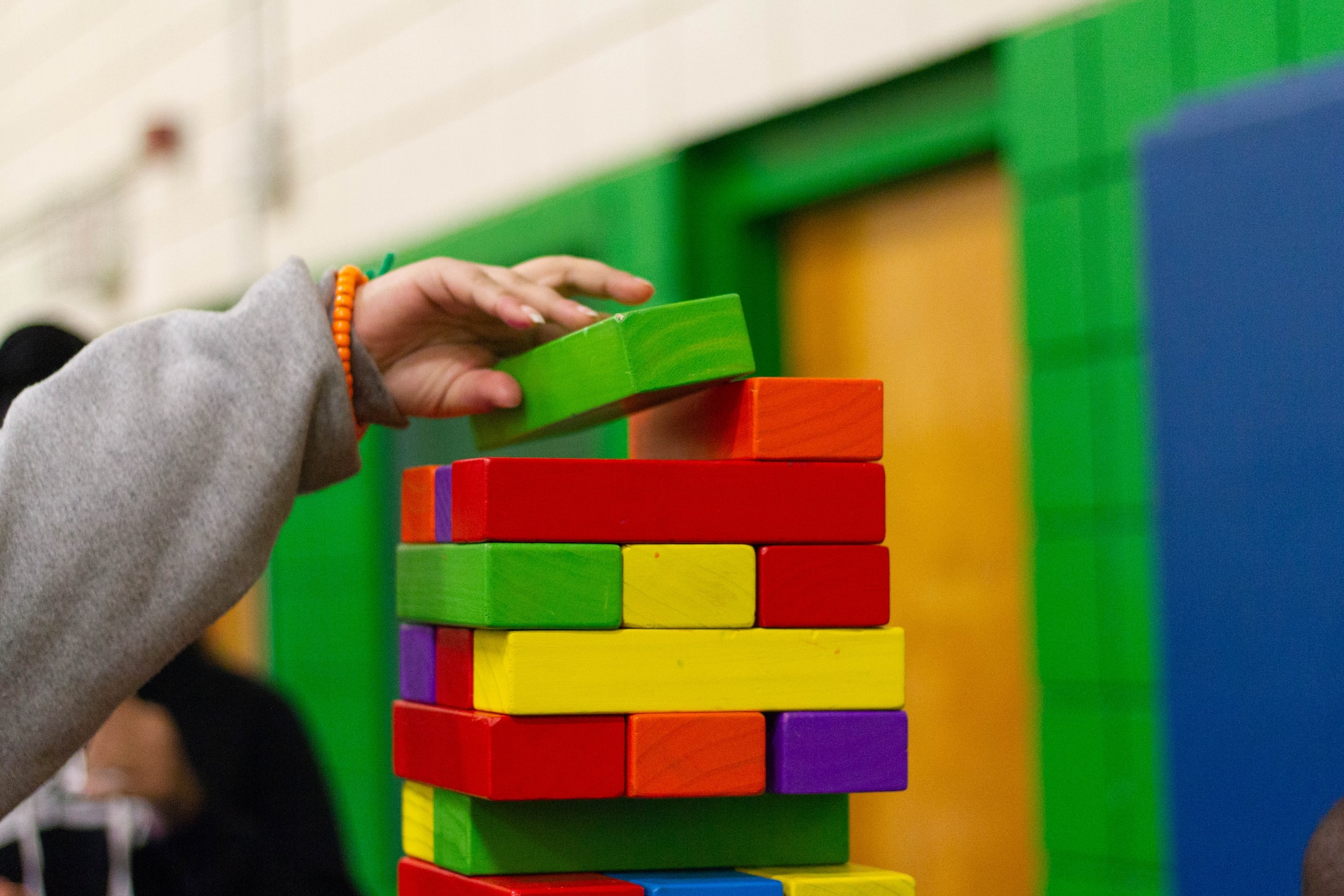Building Jewish Infrastructure

This week’s Dvar Torah was edited from one written by Rabbi Yehoshua B. Gordon, former director of Chabad of the Valley in Tarzana, CA.

Photo by La-Rel Easter on Unsplash
When people ask me what CAJE is and what CAJE does, I often refer to the famous advertising line and say “CAJE is the ‘Intel inside’ Jewish education in Miami-Dade.”
CAJE helps the teachers and schools from early childhood through high school be the best they can be through outstanding professional development and other services.
CAJE powers impactful teen programs like Israel Now, Diller Teen Fellows and the Leo Martin March of the Living.
CAJE offers amazing Adult Learning classes and sponsors the Miami Jewish Film Festival.
In sum, CAJE is part of the infrastructure of Jewish life and education in our community.
This week’s Torah portion Vayechi begins: “And Jacob lived in the land of Egypt for seventeen years …” (Genesis 47:28)
In Hebrew, the phrase “And Jacob lived” is “Vayechi Yaakov,” which is from where the name of this parshah is derived.
Rabbi Jacob Ben Asher, the late 13th - and early 14th - century biblical commentator known as Ba’al Haturim, taught that the numeric value of the word Vayechi is 34, which signifies two 17-year periods in Jacob’s life.
The first period encapsulates the years Joseph lived with his father Jacob, from birth until his brothers sold him into slavery.
The second 17 years represent the time Jacob spent with Joseph in Egypt— “the best years of his life.”
During this period, Jacob could finally relax, engage in Torah study with his grandchildren, and enjoy some much-deserved happiness from his family.
When the Third Rebbe, Rabbi Menachem Mendel, was taught the first verse of our parshah as a child, his teacher translated it according to the commentary of the Ba’al Haturim, that Jacob lived his 17 best years in Egypt.
Upon returning home from cheder, young Menachem Mendel posed a question to his esteemed grandfather, the Alter Rebbe, the founder of Chabad.
“How is it possible that the best years in the life of Jacob… were the years he lived in Egypt, a land of immorality and corruption?”
The Alter Rebbe explained: “It is written that Jacob ‘sent Judah before him to Joseph, to show him the way to Goshen’ (Genesis 46:28).
The Midrash relates that ‘Judah’s task was to prepare a House of Study for him, so that the Torah would be studied there, and his sons would meditate upon its teachings.’”
We are taught that even before the giving of the Torah, the Patriarchs and the tribes — especially the tribe of Levi — devoted themselves to Torah study.
Thus, the phrase “to show him the way to Goshen,” meant establishing the infrastructure for Torah study, which enables us to become closer to G‑d and to truly live.
This concept is embodied in the phrase Vayechi Yaakov — “And Jacob lived.”
The parshah of Vayechi marks the conclusion of the book of Bereishit / Genesis, the first of the Five Books of the Torah.
Upon completing each of the Five Books, it is customary to wish each other, “chazak, chazak, venitchazek – be strong, be strong, and may we be strengthened.”
We all take infrastructure for granted… until it starts to fall apart or is lacking in some way.
May we all be blessed with the strength needed to establish and maintain the vital Jewish infrastructure that CAJE provides so we are able to successfully nurture the next generation of Jews,
Shabbat Shalom




